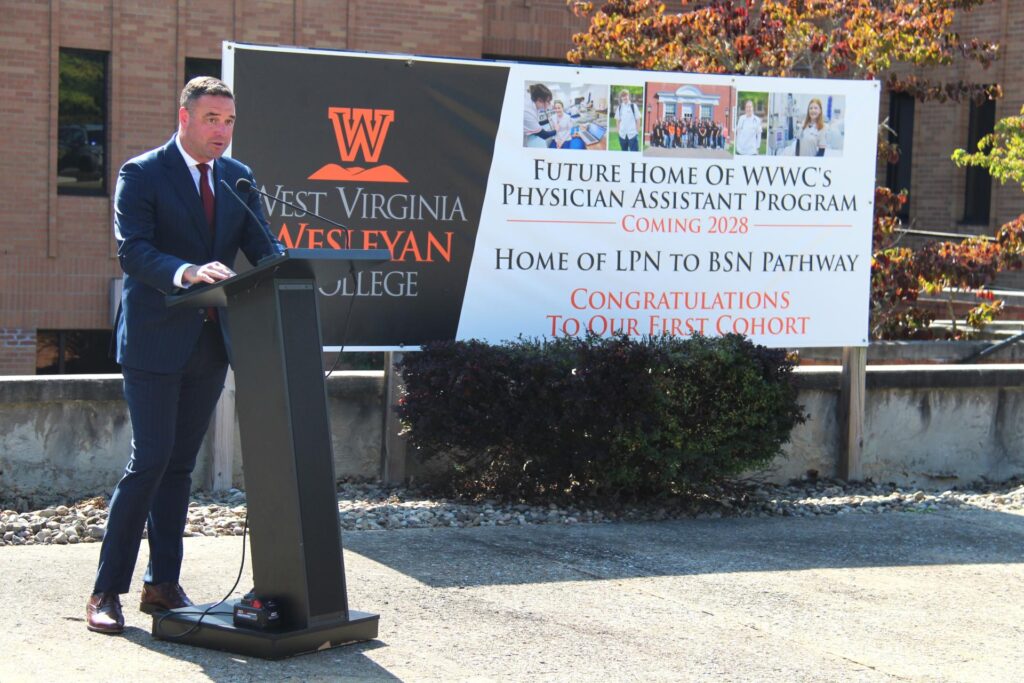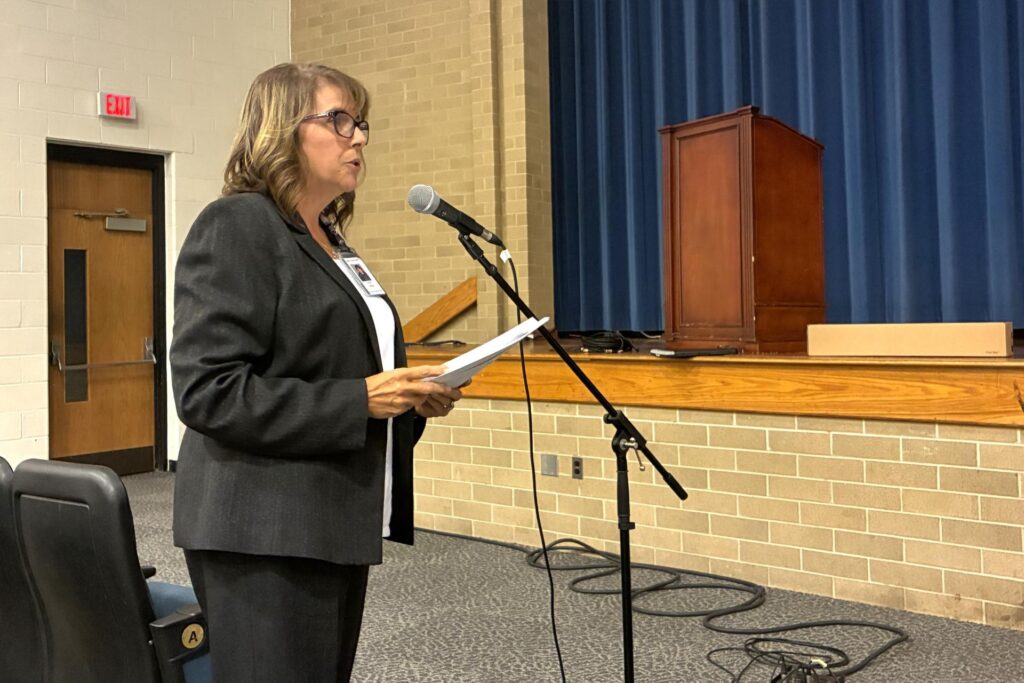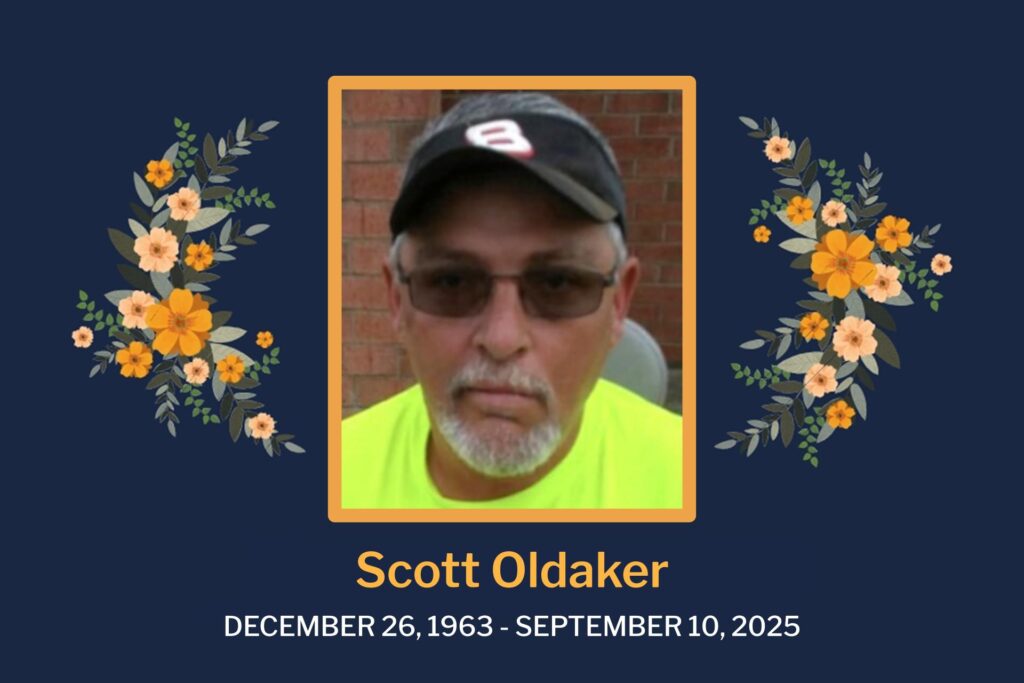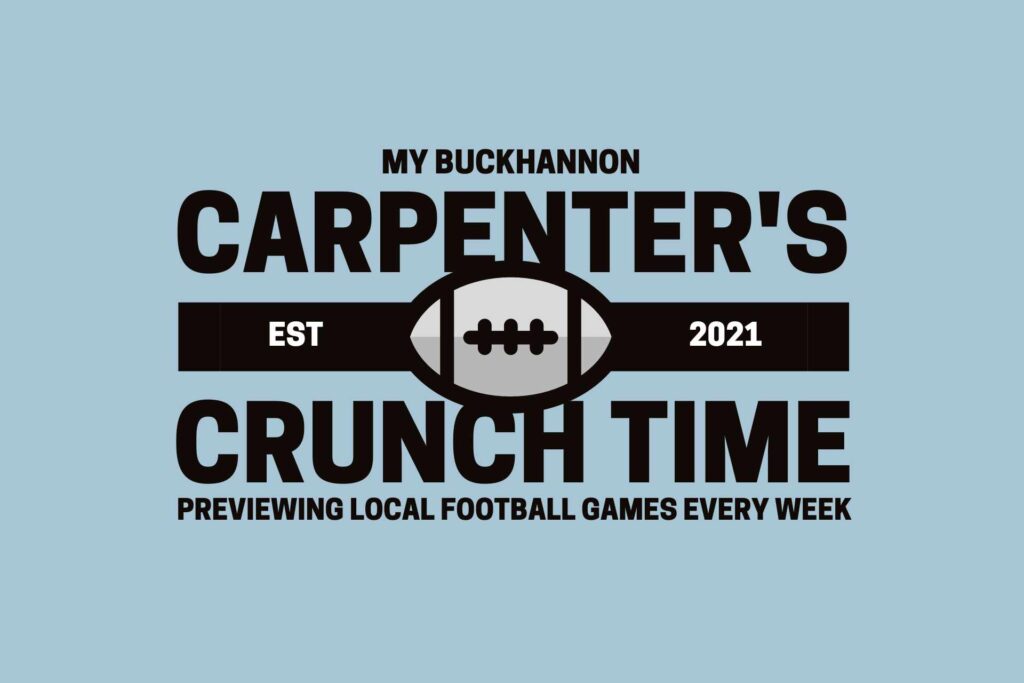One of every four children in the United States has a parent wrestling with drug or alcohol addiction, based on national data, and is at risk of developing a substance use disorder later in life.
To begin to break that cycle and give adults in those kids’ lives the tools to make a difference, West Virginia University’s Project TRAIN has expanded its program, originally focused on helping K-12 teachers support students affected by addiction, to youth camps statewide.
TRAIN gives camp staff an overview of addiction as a disease, including signs and symptoms, and involves them in discussions about how stigma affects people with addiction as well as their families.
Staffers learn common ways children adapt to caregivers’ addictions, combined with specific scripts for important conversations and practical advice for supporting kids.
Frankie Tack, Jessica Troilo and Lauren Prinzo’s Project TRAIN – Teacher Resources for Addiction Impact Now – launched with $486,819 in funding from Westat. The program builds on surveys conducted with roughly 2,500 teachers and 100 youth camp staffers and has now trained approximately 500 teachers to support children affected by caregivers’ substance use disorders. Through cross-county Extension partnerships, TRAIN’s coverage extends to at least 35 counties in West Virginia.
This summer, in response to demand from the camp community, it was all aboard for youth camps as Project TRAIN launched a training track tailormade for camp staff.
Troilo and Tack are associate professors at WVU’s College of Applied Human Sciences, where Tack coordinates the program in mental health and addiction studies and Troilo serves as associate dean for graduate academic affairs.
With Prinzo, a WVU Extension Service community and economic development specialist, they’re finalizing an outreach list to help Extension agents make connections with “every kind of camp you can think of,” according to Tack – “church camps, STEM camps, music camps.”
WVU Extension has taken the lead on delivering the trainings, preparing their agents to become “TRAIN conductors.”
Tack emphasized that “the Extension agents who are participating in TRAIN are doing this voluntarily. Because they opted in, anyone in the state that wants the training can call their Extension agent or a neighboring agent to get that done.”
“Extension’s TRAIN conductors commit to this work because they’re passionate about supporting children and families in their communities,” Prinzo said.
She added that additional new tracks created for high school students and community members, also launched this year, help “build addiction resilience and reduce stigma associated with addiction by expanding the program to different audiences.”
TRAIN’s participants learn how some kids coping with substance use disorder in the family may adopt a “hero” persona, presenting as serious and responsible. TRAIN recommends that staffers praise these children, limit putting them in charge and make time for them to engage in age-appropriate fun.
Other children may take on the roles of the troublemaking scapegoat, who needs positive attention and healthy friendships; the shy lost child, who benefits from emotional check-ins with a caring adult; or the mascot, often the camp clown, who needs attention for pro-social behaviors other than humor, such as being given the chance for a leadership role.
TRAIN enables staffers to recognize these adaptations and to look for other indicators of problems at home, such as “inconsistent attendance, or showing up in need of breakfast,” Troilo said.
Like TRAIN’s teacher track, the camp track emphasizes staff self-care, avoiding burnout and setting boundaries. For camp staff, however, the training gives more attention to the potential for enmeshment and over-involvement in campers’ lives and spends less time on burnout.
Tack said that’s because many staffers may spend only a week with children, compared to teachers’ “grinding exposure to children who may be affected by substance use disorders on a day-in, day-out basis.”
“Some participants have told us they weren’t even sure they could discuss substance use, or they didn’t have the words,” Tack said. “They avoided it, and then they were left with all this worry, feeling helpless and hopeless.
“If you feel like you have some efficacy in a situation even in a small way, it helps tremendously. Then you can think, ‘At least I’m taking some action. I’m not just sitting in my pool of worry.’ That’s very real for people, so TRAIN gives them some specific things they can do.
“Our role, once we figured out the things they needed, was to put something in their hands that would let them do something about it.”
(Note: This is one in a series of new stories released during National Recovery Month highlighting initiatives at West Virginia University to combat the overdose epidemic. Additional stories can be found at health.wvu.edu/addiction/news.)













